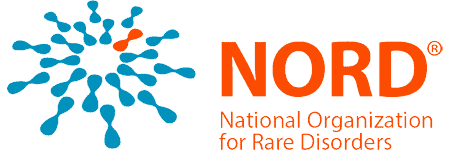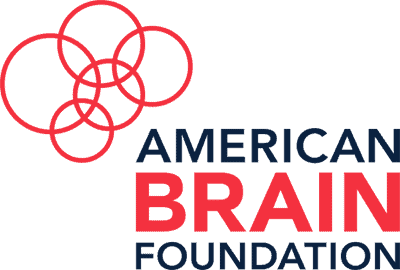Scientific Advisory Board
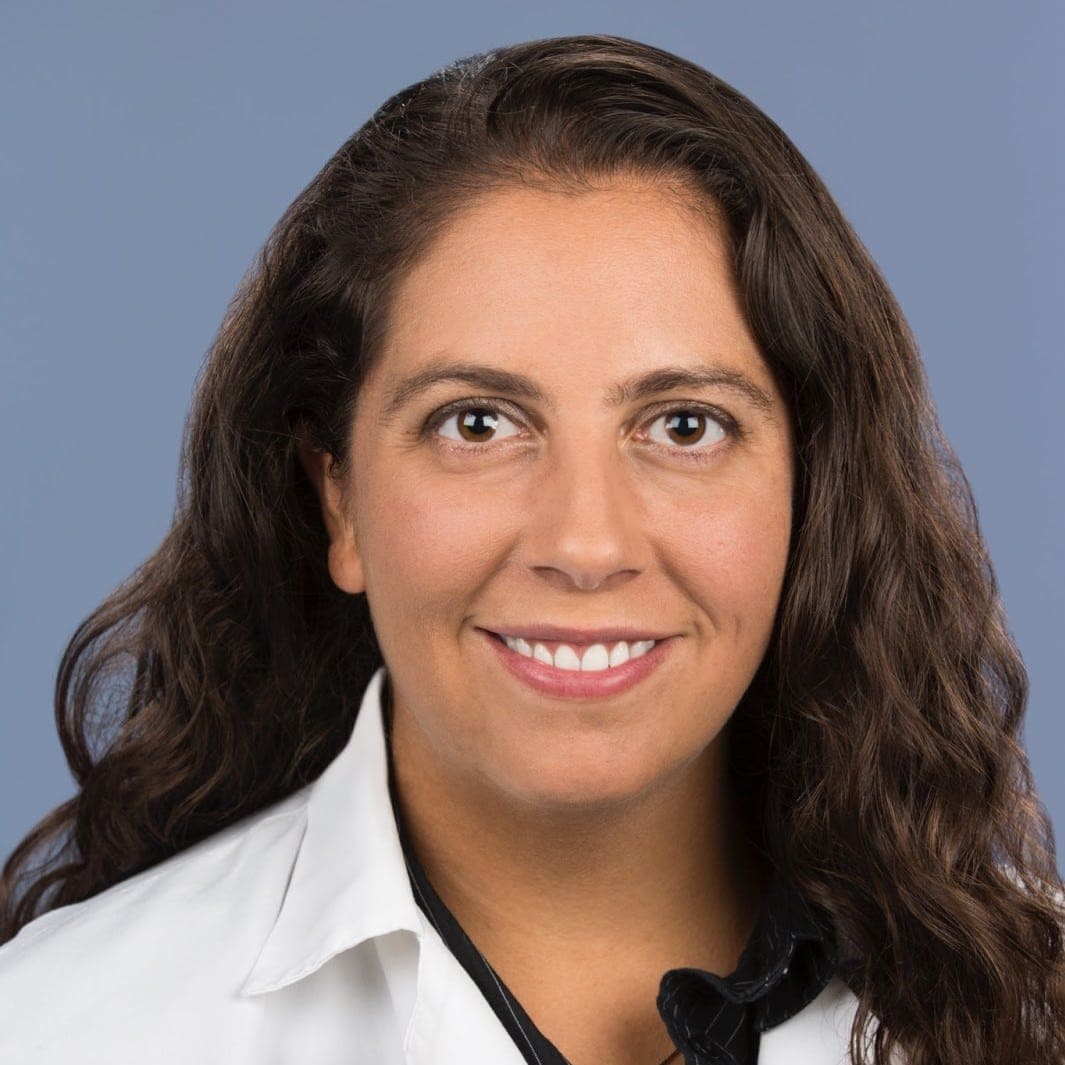
Kristin Grimsrud
CHAMP1 Research Foundation
Kristin Grimsrud
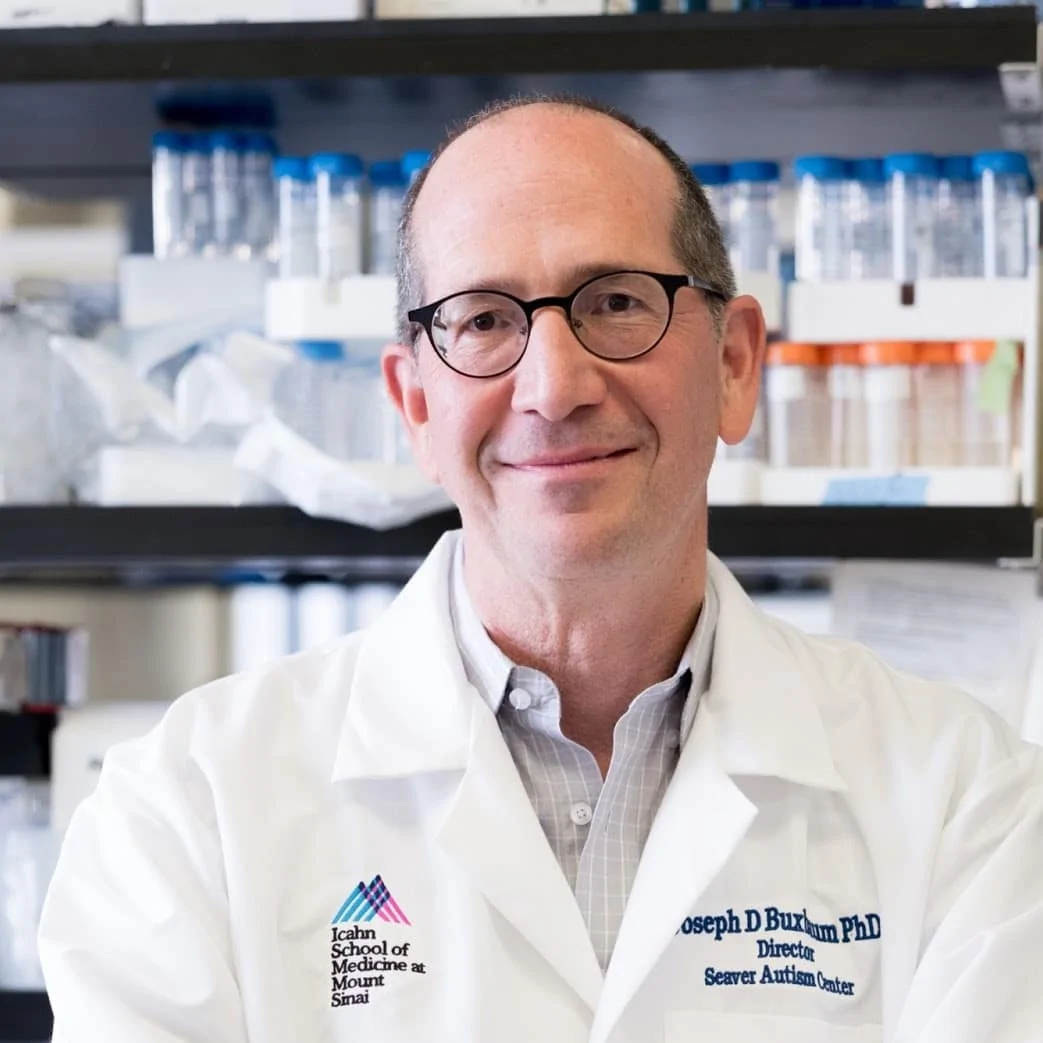
JOE BUXBAUM
CureSHANK Foundation
Joe Buxbaum
Joseph D. Buxbaum, PhD is a Professor of Psychiatry, Genetics and Genomic Sciences, and Neuroscience, and serves as the Director of the Seaver Autism Center for Research and Treatment, and is Vice Chair for Research and Mentoring of the Department of Psychiatry. Dr. Buxbaum is a renowned molecular neuroscientist whose research aims to understand the molecular and genetic basis of autism spectrum disorder and associated neurodevelopmental disorders, with the goal of developing novel therapeutics. Dr. Buxbaum is a founder and communicating Principal Investigator of the Autism Sequencing Consortium, currently analyzing whole exome sequencing from 38,000 individuals to identify ASD genes. In addition, his lab has numerous human stem cell lines ongoing and has characterized more than a dozen rodent models for ASD and associated disorders. Dr. Buxbaum received his BSc in Math and Biology from Touro College, and his MSc and PhD in Neurobiology from the Weizmann Institute of Science in Israel. Dr. Buxbaum completed a Postdoctoral Fellowship in Molecular and Cellular Neuroscience at the Rockefeller University. Dr. Buxbaum was elected to the National Academy of Medicine in 2015 and was elected a fellow of the International Society for Autism Research in 2019.
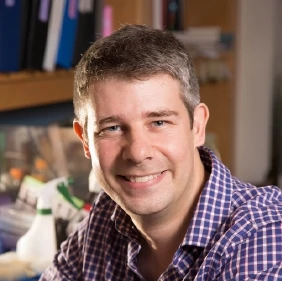
STEPHAN SANDERS
FamiliesSCN2A Foundation
Stephan Sanders
Dr. Sanders trained as a pediatric physician in the UK before undertaking a PhD and postdoctoral research position at Yale. He is now an Assistant Professor at UCSF in the Department of Psychiatry. His research focuses on using genomics and bioinformatics to understand the etiology of developmental disorders, such as Autism Spectrum Disorder (ASD), using these methods to identify many candidate genes for ASD. His lab has helped understand the role of SCN2A mutations in human disorders. In collaboration with Dr. Kevin Bender, he showed that loss-of-function variants that reduce neuronal excitability lead to ASD and developmental delay, while gain-of-function variants that increase neuronal excitability lead to infantile seizures (Ben-Shalom et al. Biological Psychiatry 2017). The loss-of-function mutations also impact back-propagation of the action potential and synaptic plasticity (Spratt et al. BioRxiv 2018), potentially opening an avenue to future therapeutics, as discussed in the review written in collaboration with the SCN2A family group and numerous researchers (Sanders et al. Trends in Neuroscience 2018).Dr. Sanders is the Director of the Psychiatry Department Bioinformatics Core (PsychCore) at UCSF, a member of the SPARK medical genetics committee, the Autism Science Foundation Scientific Advisory Board, and an Assistant Editor for the Journal of Neurodevelopmental Disorders.
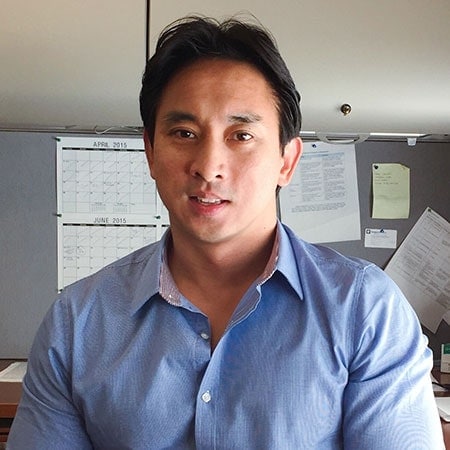
Edwin Oh
Foundation for USP7 Related Diseases
Edwin Oh

Steve Traynelis
GRIN2B Foundation
Steve Traynelis

RICHARD MCKENNEY
KIF1A
Richard McKenney
Dr. McKenney has a long-standing research interest in the cytoskeleton, and in particular the motor proteins that utilize the cytoskeleton as tracks for intracellular transport. He pursued graduate research focused on the mechanochemical regulation of the microtubule motor cytoplasmic dynein at Columbia University in the lab of Dr. Richard Vallee, who discovered the motor protein cytoplasmic dynein. His work was the first to describe how two regulatory proteins, LIS1 and NudE, are able to modulate dynein’s motor output, transforming it from a weak to a persistent motor. In the lab of Dr. Ron Vale at UCSF Dr. McKenney studied how dynein organizes microtubule networks, how it is activated and linked to cargo through the dynactin complex and adapter proteins, and how its motor activity is directly influenced by post-translational modification of the microtubule track itself. Currently, his lab studies how cells internally organize using molecular motor proteins using a filament system for transport (kinesins and dyneins). His lab combines advanced molecular biology, biochemistry and single-molecule TIRF microscopy to address these problems.
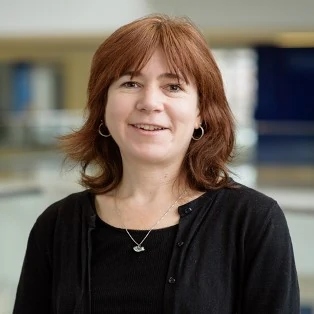
JENNIFER FISH
SATB2 Gene Foundation
Jennifer Fish
Dr. Jennifer Fish is an Assistant Professor at the University of Massachusetts Lowell (UML), where she teaches Developmental Biology and Comparative Vertebrate Embryology. Prior to arriving at UML, she trained at King’s College London and the University of California San Francisco. Dr. Fish has been researching the roles of SATB2in development since 2008 using animal models of disease. Her research involves in vivo assays (in the mouse model system) and in vitro studies on osteoblasts (bone cells) and neurons. Additionally, through involvement in the SATB2 Foundation, Dr. Fish’s lab is using SAS patient-derived induced pluripotent stem cells to further investigate disease mechanisms and treatments.
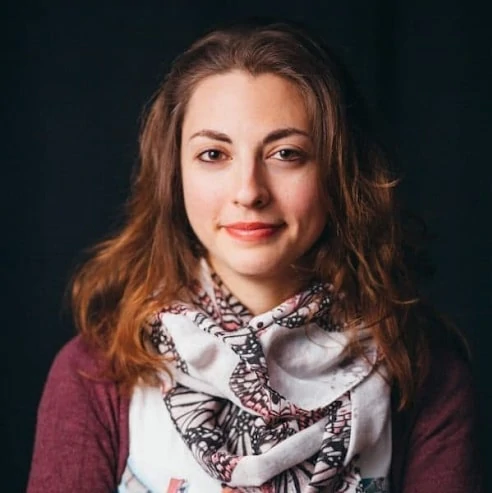
ROCÍO ACUNA HIDALGO
SETBP1 Society
Rocío Acuña Hidalgo
Rocío Acuña Hidalgo, MD/Ph.D. is a medical doctor and human geneticist based in Berlin, Germany. Her expertise lies in bringing together Next Generation Sequencing (such as exome sequencing) and molecular biology to unravel the molecular mechanisms of mutations that lead to human disease. Rocío completed her Ph.D. at Radboud University Medical Center, where she studied the molecular effects of SETBP1 mutations in Schinzel-Giedion syndrome using a combination of in silico and in vitro models. She did postdoctoral research at the Max Planck Institute for Molecular Genetics in Berlin, working on novel technologies to improve the diagnosis of patients with genetic disorders. She then co-founded Nostos Genomics, a company combining software and molecular biology approaches to improve the diagnosis of patients with genetic diseases. She currently serves as the Chief Technological Officer at Nostos Genomics.
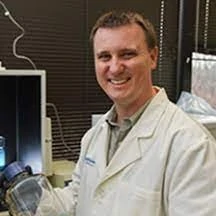
STEVEN GRAY
SLC6A1 Connect
Steven Gray
Dr. Steven Gray earned his Ph.D. in molecular biology from Vanderbilt University in 2006, and performed a postdoctoral fellowship focusing on gene therapy in the laboratory of Jude Samulski at UNC Chapel Hill. He is currently an Associate Professor in the Department of Pediatrics at the University of Texas Southwestern Medical Center. Dr. Gray’s core expertise is in AAV gene therapy vector engineering, followed by optimizing approaches to deliver a gene to the nervous system. His major focus is in AAV vector development to develop vectors tailored to serve specific clinical and research applications involving the nervous system. His research focus has also included preclinical studies to apply these reagents toward the development of treatments for neurological diseases. Currently these include preclinical studies for Rett Syndrome, Giant Axonal Neuropathy (GAN), Tay-Sachs, Krabbe, AGU, and Batten Disease, and have expanded into human clinical studies to test a gene therapy approach for GAN. Dr. Gray has published over 50 peer-reviewed papers in journals such as New England Journal of Medicine, Molecular Therapy, Nature Biotechnology, Gene Therapy, and The Proceedings of the National Academy of Sciences. He also has 3 pending patents. His research is funded by the National Institute for Neurological Disorders and Stroke, as well as numerous large and small research foundations. Dr. Gray was recently recognized with the 2016 Healthcare Hero award by the Triangle Business Journal, and his work on GAN was featured in a story by the CBS National Evening News in 2015.

Ane Korff
Project Yellow Brick Road Foundation
Ane Korff
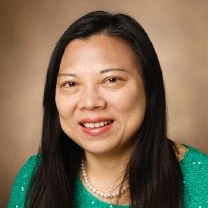
JING-QIONG (KATTY) KANG, MD, PHD
Member At Large
Jing-Qiong (Katty) Kang
Dr. Jing-Qiong (Katty) Kang is a physician scientist by training and now an associate professor in the Vanderbilt University Department of Neurology. She is also a faculty member in Vanderbilt Brain Institute, Vanderbilt Kennedy Center and Pharmacology at Vanderbilt University School of Medicine. Dr. Kang received her MD/PhD degree from Tongji Medical University, China, and is a neurologist specialized in epilepsy. Prior to that, she worked at Tongji Hospital. She joined Department of Neurology at in the Wayne State University in August 2001 to study neurodegeneration before she joined Dr. Robert Macdonald’s lab at Vanderbilt University Medical Center in 2003.
Dr. Kang has been invited to present her work in multiple institutes and conferences nationally and internationally. Most recently, she has spoken at American Epilepsy Meeting (AES), Fukuoka University Medical School, Case Western Reserve University, Beijing Tiantan Neurosurgery Summit. She has been the chair for Basic Mechanisms and Neuroscience symposium at the AES meeting from 2015-2018. Dr. Kang is an award recipient of Citizens United for Research in Epilepsy (CURE), Dravet.org (formerly known as IDEA-League), Dravet syndrome foundation (DSF) and National Institute of Neurological Disorders and Stroke (NINDS) and SLC6A1 Connect.
Dr. Kang’s current research centers around using cell models including patient derived induced pluripotent stem cells (iPSCs) and genetically modified mouse models to understand the role of GABAA receptors and GABA transporters in normal development and diseased conditions especially epilepsy and treatment development. Her lab has partnered with industries to develop treatment options and translate the lab discoveries to patient care for these rare brain diseases.






